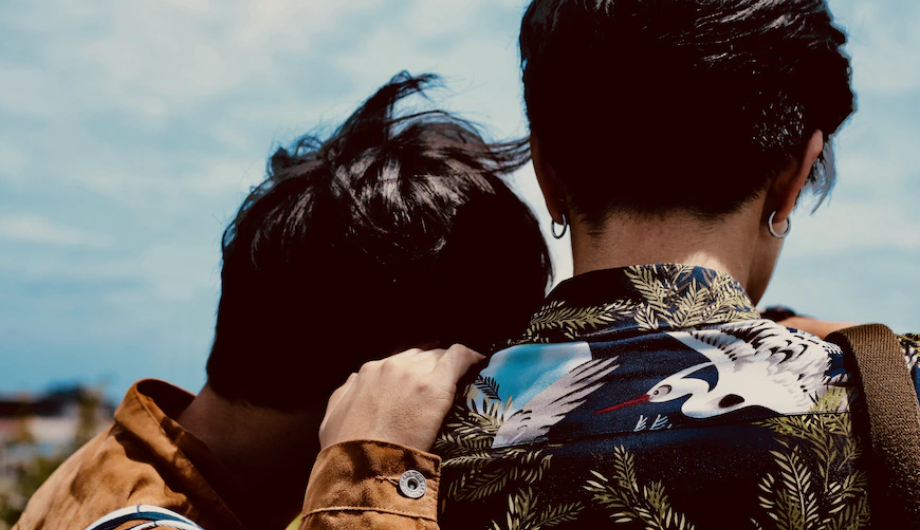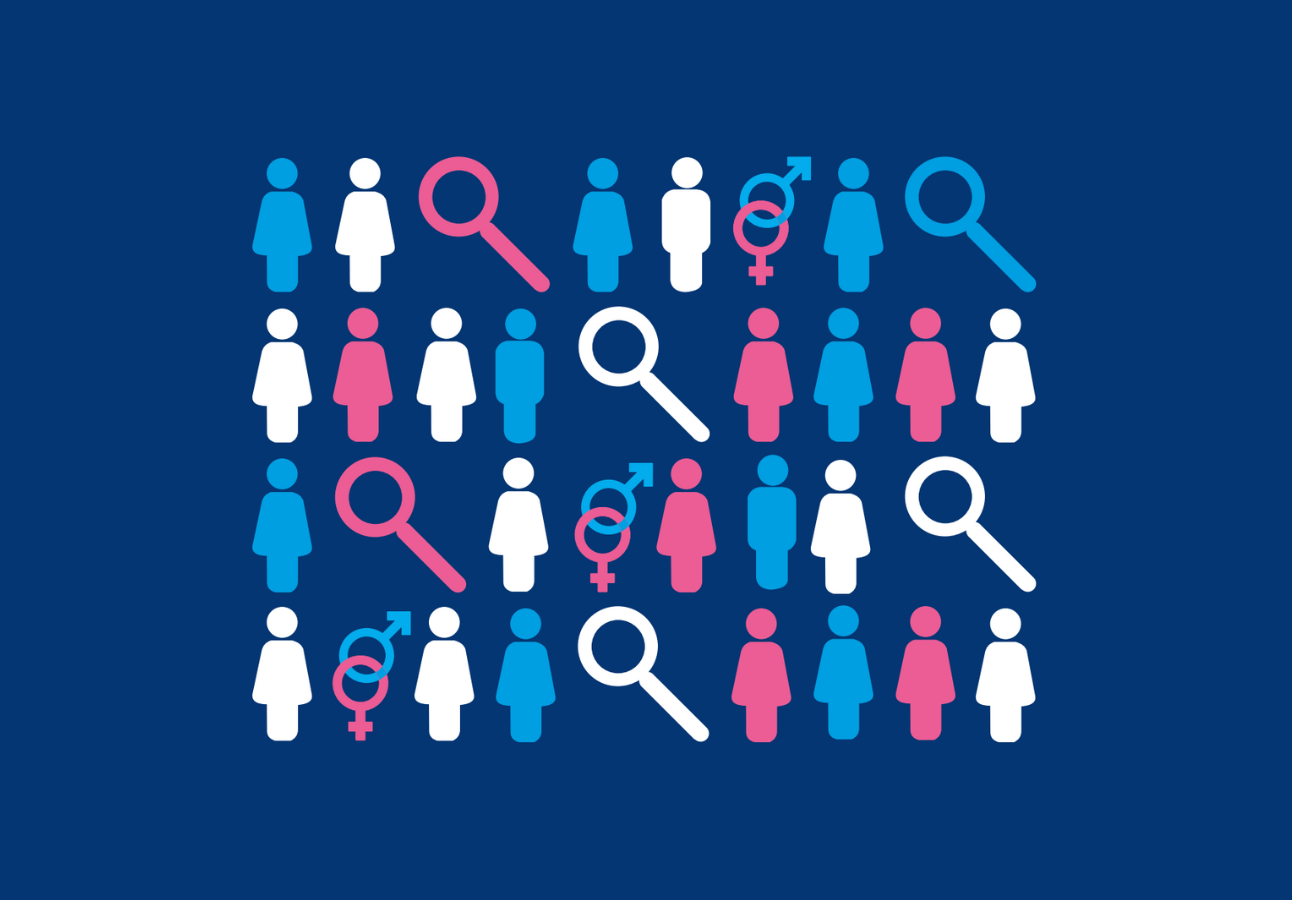
Acknowledging sexual violence in forced marriage
Mridul Wadhwa works at Rape Crisis Scotland and for the College of Policing England and Wales. She has spent over a decade at Shakti Women’s Aid supporting victims of forced marriage and delivering training. In this blog she talks about the links between forced marriage and sexual violence and abuse. She advises practitioners to make the connection between these forms of abuse, and gives guidance about supporting survivors who may be at risk. For an audio version, scroll to the bottom of the page.
Forced marriage is a direct outcome and consequence of patriarchal power over women’s bodies and lives. It is rooted in the idea that women are objects to be possessed and that their only value is to make the men they are attached to glimmer and shine positively in society in various stages of their lives. These men are their father, husband and then their son.
This value is measured by the policing of women’s bodies, especially unmarried women, by telling them that their virginity and virginal behaviour is of ultimate value and pride to the family. Their virginity can only be given to their husband, and the loss of it outside of marriage is something shameful and can bring with it significant negative consequences including forced marriage. This culture of virginity is exploited by perpetrators of forced marriage to isolate women from developing a healthy understanding of their sexuality, sexual consent and their own bodily autonomy.
Definitions of forced marriage in Scotland and England frame the experience as one of duress where consent, if given, is done under undue pressure without free will. Therefore, it is very likely that survivors of forced marriage would have experienced sexual violence, especially where the success of such a marriage is predicated on the ability of the bride to prove her virginity by bleeding on her wedding night. Proving and maintaining virginity might not always be the focus of perpetrators of forced marriage, especially where they have used it as a means of controlling women’s sexuality because they have had sex outside of marriage, are lesbian, bisexual or transgender, or have experienced rape and sexual abuse.
Acknowledging that sexual violence (or the risk of it) is a feature of forced marriage should provide support workers with the confidence to think about the safety of and impact on survivors when offering support or carrying out risk assessments. It can be challenging to have a discussion about sexual violence with survivors, especially when discussions on safety are often about who and how many people are involved in perpetrating the forced marriage and the practical consequences of that risk.
It may be helpful to start by carrying out a practical discussion with survivors or those at risk about their sexual health and the meaning of consent in the context of sex. I have found that this can be a helpful start, even if it is met with discomfort or rejection on part of the survivor. It is crucial to remember that many survivors have been socialised to think about their sexuality as unimportant or embarrassing and something to be silent about.
Sexual violence is not the same thing as sexuality and it has nothing to do with sex, but creating a space to talk about sex will then give survivors the confidence to talk about their experiences of sexual violence if they wish to. All survivors of sexual violence must control their disclosure and the actions that come following such a disclosure. The role of those of us who support survivors of forced marriage is to let them know that it is okay to talk about it.
You may be interested in


Your Choice: ‘honour’-based violence, forced marriage and domestic abuse Spotlight report

